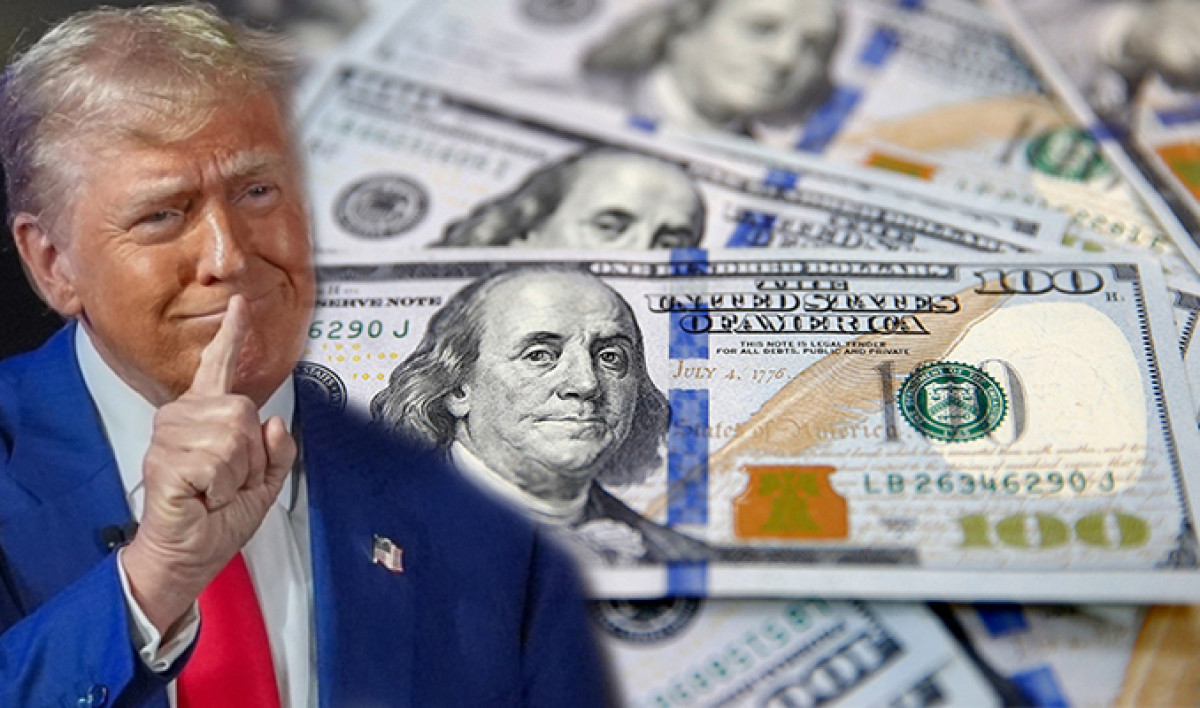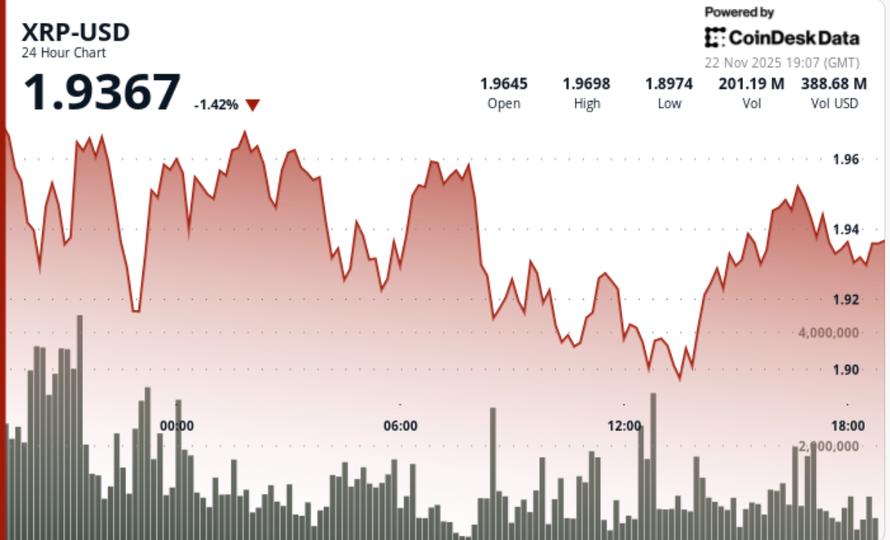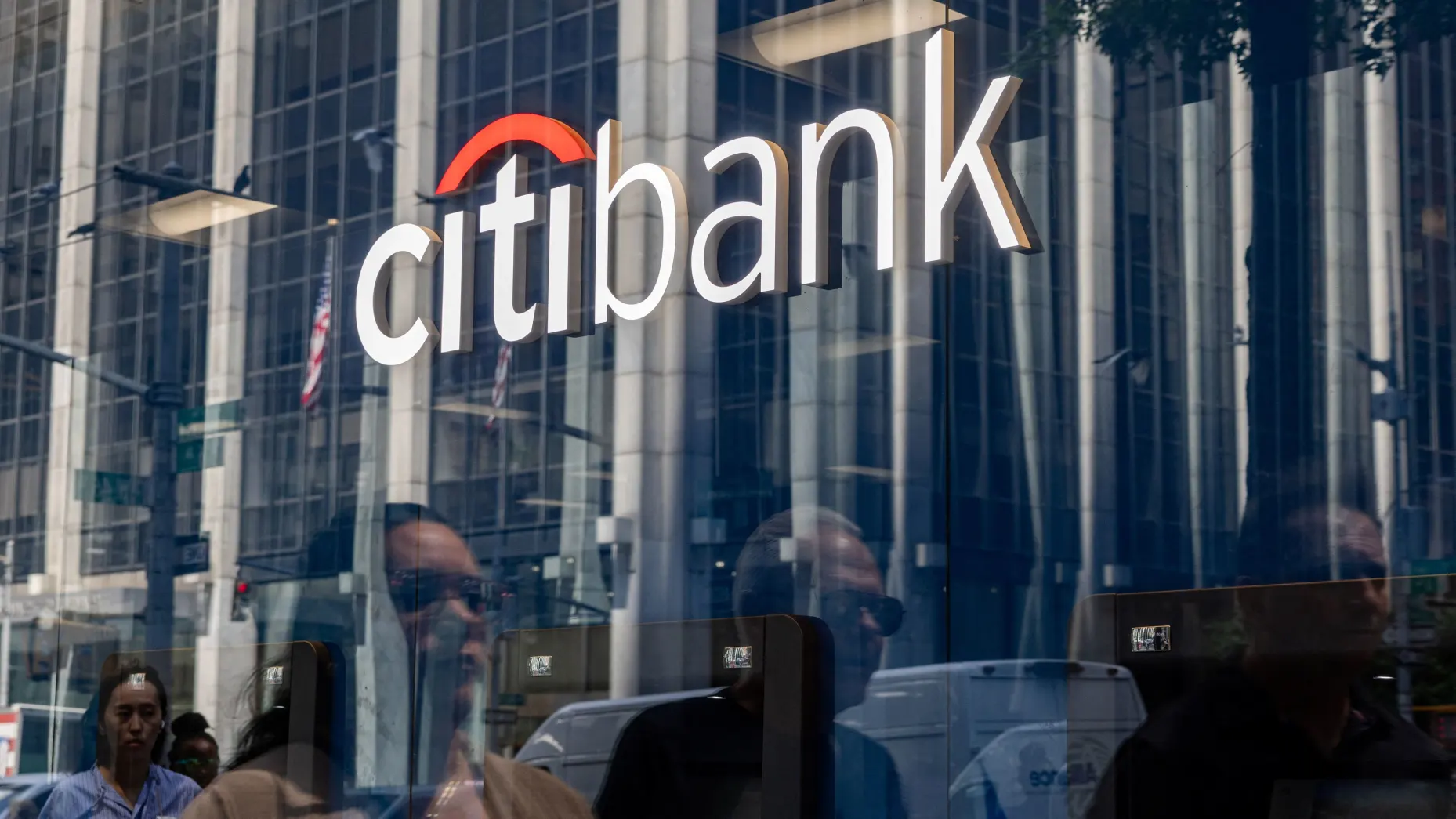
Trump's $2,000 Dividend Plan is at Risk: Congressional Approval Required


Trump's Dividend Promise and Congress's Indifference
U.S. President Donald Trump announced on November 10 that a dividend of $2,000 would be distributed to American citizens from the revenue generated by customs tariffs. However, in a statement on November 17, he set the distribution date for these dividends as 2026, creating a situation that threatens this attention-grabbing promise.
Lack of Support in Congress
Trump's plan to send customs dividend checks next year is particularly struggling to find the expected support within the Republican party. Congressional approval is necessary for the dividend to be implemented. However, many Republicans oppose these checks due to the increasing budget deficit and $38 trillion in national debt. Figures like Senator Ron Johnson and Rick Scott emphasize that reducing the national debt should be prioritized, while Representative Andy Biggs argues that tax rates should be permanently lowered.
Insufficient Tariff Revenues and Economic Effects
Economists assert that the planned dividends cannot be funded by the revenues generated from customs tariffs. An independent analysis reveals that the implementation of this plan could cost about $600 billion annually, which is equivalent to double the current annual $300 billion tariff revenue. Furthermore, concerns are growing that this new cash assistance could lead to inflationary pressures.
Political Risks and Election Strategy
Scott Lincicome, an expert from the Cato Institute, points out that Republicans have previously accused Democrats of driving inflation, stating that Trump's plan carries political risks. Lincicome suggests that party members should develop different communication strategies to manage the pressure to provide payments. Some political analysts interpret Trump's designation of 2026 as an 'election strategy' linked to the midterm elections that will be held annually.
```Benzer Haberler
.png)
Yakında Tüm Platformlarda
Sizlere kesintisiz haber ve analizi en hızlı şekilde ulaştırmak için. Yakında tüm platformlarda...









.png)